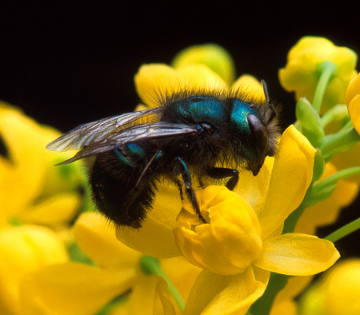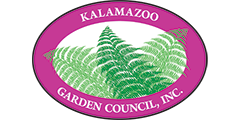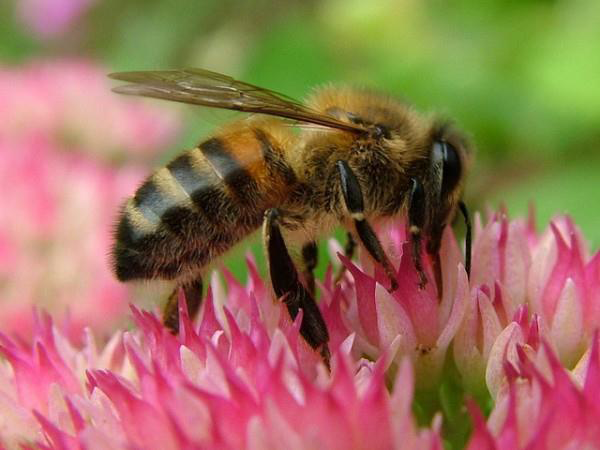Mason Bee

The tiny mason bee is environmentally healthy, simple and fun. Mason bees are extraordinary pollinators. These bees are very efficient, 200-300 females can pollinate an entire acre. They are native to most of North America. There are approximately 150 types of mason bees.
According to Judy Beaudette writing on the website, ecolandscaping.org, “They are tunnel-nesting, solitary bees, which means that unlike the social honeybee, every female is a “queen” who lays eggs and raises offspring on her own, without the support of a highly-organized, social colony. They are non-aggressive and rarely sting.”
The National Garden Club sponsors the program BeeGAP (Gardeners Adding Pollinators), a partnership with Crown Bees. Michigan Garden Club has a trained speaker, Chris Lipinski, who has come to a Chula Vista club meeting to present the BeeGAP program. To get more information on the mason bee project go to the National Garden Council website and search under the projects heading.
Chula Vista Garden Club has made bee houses and tubes. Dick Northrup is heading the project for the CV club. If you are interested in ordering bees contact him. The deadline for ordering is October 31. Bees will be delivered in spring. The leaf cutter bees will be ordered in the spring for delivery June thru August.

